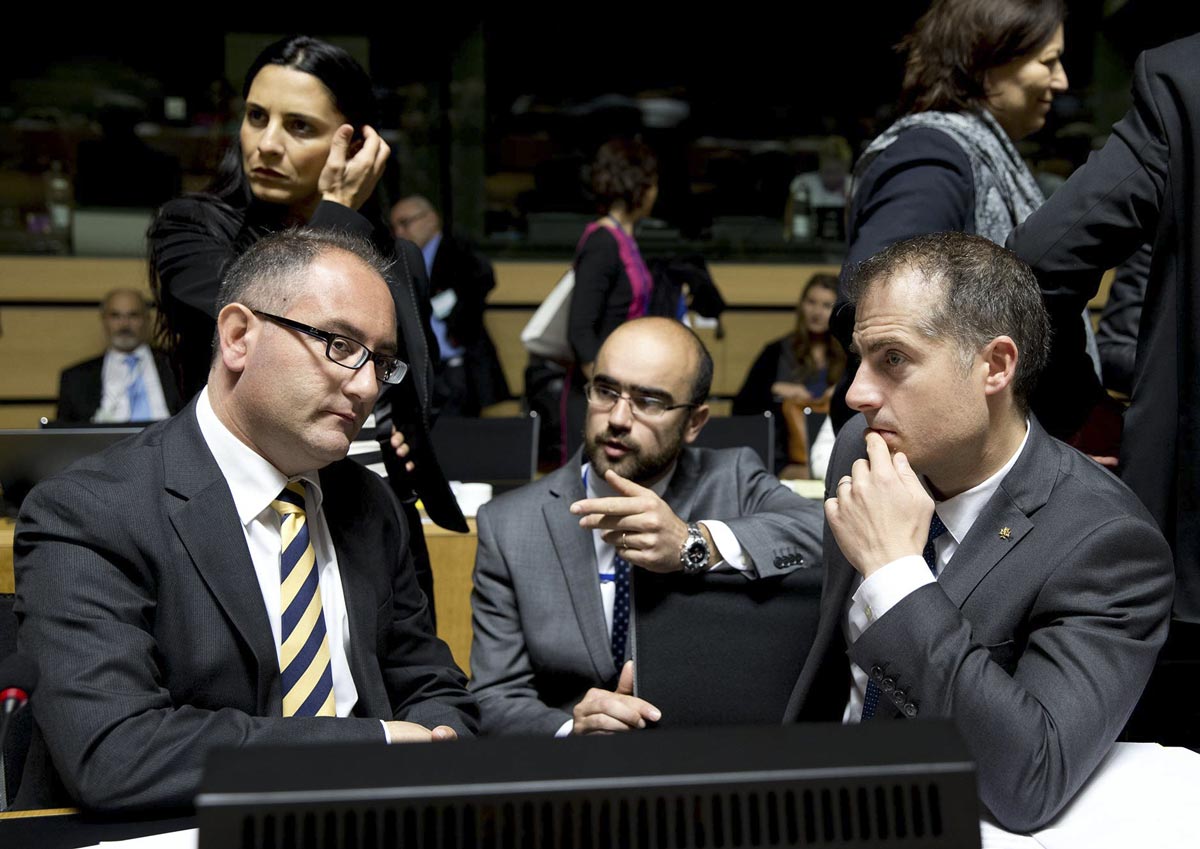
Parliamentary secretary, Roderick Galdes attended the Agriculture and Fisheries council meeting in Luxembourg on the 13th and 14th October. Mr Galdes and a Maltese delegation argued that recent scientific advice showed a recovery of bluefin tuna populations and therefore proposed a substantial increase in its quota. Mr Galdes was referring to a report published by ICCAT’s Standing Committee on Research and Statistics (SCRS) which was presented in Spain at the beginning of this month.
The report, which is to be discussed at the next ICCAT meeting in Genoa in November, has indicated that Eastern bluefin tuna populations are in fact recovering thanks to efforts put in place by the Commission. That being said, the SCRS continuously emphasised that the scientific data is still very limited at this stage and must continuously be monitored to obtain a clearer picture. This is especially true for the Mediterranean. The committee also remains concerned about the current fishing capacity which, it believes, “could easily harvest catch volumes well in excess of the rebuilding strategy adopted by the commission”. Although it believes that bluefin tuna stocks have recovered, the committee believes that the Total Allowable Catch (TAC) should either be maintained or moderately and gradually increased under the current management scheme so as to avoid another collapse. The SCRS however could not agree on how much of an increase and also failed to take the extent of illegal fishing into consideration when compiling the data.
fish4tomorrow was relieved to hear Commissioner Karmenu Vella highlighting the importance of heeding scientific advice when allocating quotas for bluefin tuna just 2 weeks ago and feels that Mr Galdes should consider adopting a similar approach. It is encouraging to hear that the majestic bluefin tuna is recovering thanks to good fisheries management however a substantial increase in bluefin TAC is definitely out of the question and a moderate one, at this point in time, seems premature and risky. We recommend maintaining the current TAC and continued improvement of data collection so that, when the time is right, it may be increased without consequence. This is also a good opportunity to continue to stress the importance of small scale fishing operations as these are the future for ensuring sustainable fisheries rather than the current industrial operations which are ultimately responsible for this collapse.